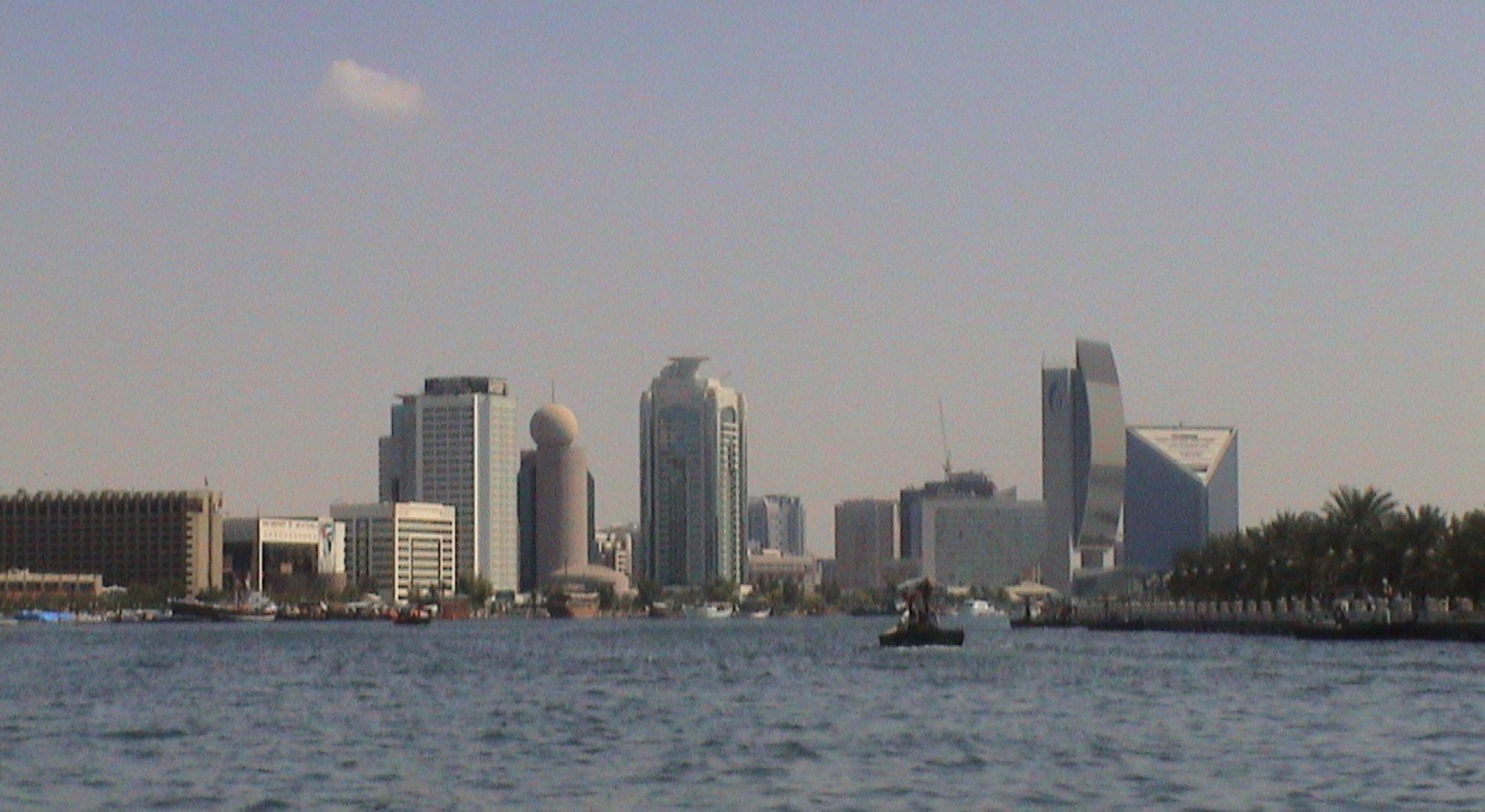First session discusses agenda of smart learning with participation of local & international academics from inside and outside the university
In a bid to uphold the UAE’s smart education sector, Hamdan Bin Mohammed Smart University (HBMSU) has launched ‘Innovation Lab for the Future of Smart Learning’. The new Lab is a qualitative addition that will make strategic contribution in exploring the future of smart education in the UAE by stimulating innovation and creativity in developing knowledge.
It will also adopt a culture of continuous and sustainable development, confirming the pioneering position of HBMSU as a center of academic and scientific excellence in the Arab world.
Innovation Lab aims to provide a world-class interactive platform to stimulate innovation, strengthen creative thinking about smart learning methods in the world, and enhance communication among a group of prominent international academic experts. This will be done through a series of monthly meetings organized under the umbrella of HBMSU to determine the major emerging challenges, explore opportunities and address urgent issues in the smart education sector. At the same time, it will give recommendations and build innovative road maps to overcome the obstacles and improve the learning experience for the benefit of the learners all over the world, faculty and administrative bodies in the smart universities. The discussions will encompass all aspects of the development of the modern education system, with a particular focus on finding productive solutions to the current challenges in the field of smart education. It will also review the best practices and innovative educational methodologies that support advanced smart learning methods with the aim to develop educational models that not only open new horizons but also improve the standards in the field of smart education and distance learning.
Dr. Mansoor Al Awar, Chancellor of HBMSU, said: “The launch of ‘Innovation Lab for the future of Smart Learning’ complements the directives of H.H. Sheikh Hamdan bin Mohammed bin Rashid Al Maktoum, Crown Prince of Dubai and President of HBMSU. It is also in line with the main fundamentals adopted by the university in its march towards achieving leadership and excellence in innovation and creativity to keep pace with the growing requirements of 21st century. The ‘Innovation Lab’ is vital as it brings together academics from HBMSU and outside the university within an integrated global platform for brainstorming and spreading the culture of innovative and creative thinking about smart learning methods as a cornerstone for the transfer of knowledge. This will ensure that we adopt the best practices in the future to ensure the UAE’s march towards comprehensive development and cultural growth.”
“HBMSU continues its tireless efforts to take the local education system to new levels of competitiveness and leadership on the regional and global map by organizing initiatives and events that support and explore future operations. It relies on the nation’s responsibility and strategic aspirations to build an educated society that is enriched with the knowledge, creative thinking, and leadership excellence to advance the process of the UAE’s development. This will help in achieving the targets of the National Innovation Strategy and UAE Vision 2021 such as providing a community environment that is based on the highest standards of quality and well-being and building a sustainable economy that is based on knowledge, diversity and inclusiveness,” concluded Dr. Al Awar.
The agenda of the ‘Innovation Lab’ was recently unveiled at the first meeting which was headed by Dr. Al Awar. The session reviewed the strategic objectives of the initiative and discussed a range of important issues and topics on developing methods of smart education. It also agreed on the key points that will be focused on in the next session scheduled on October 26, 2016.
The ‘Innovation Lab’ will held a series of monthly meetings attended by faculty members and the management of HBMSU. These sessions will be moderated alternately by each of the heads of the university’s six academic programs departments.


